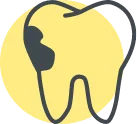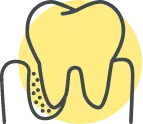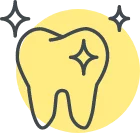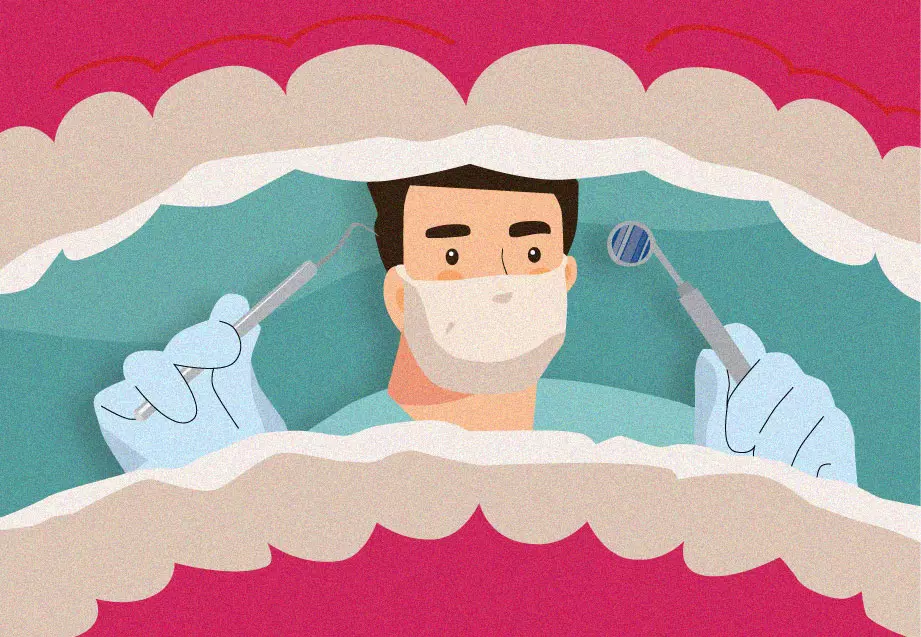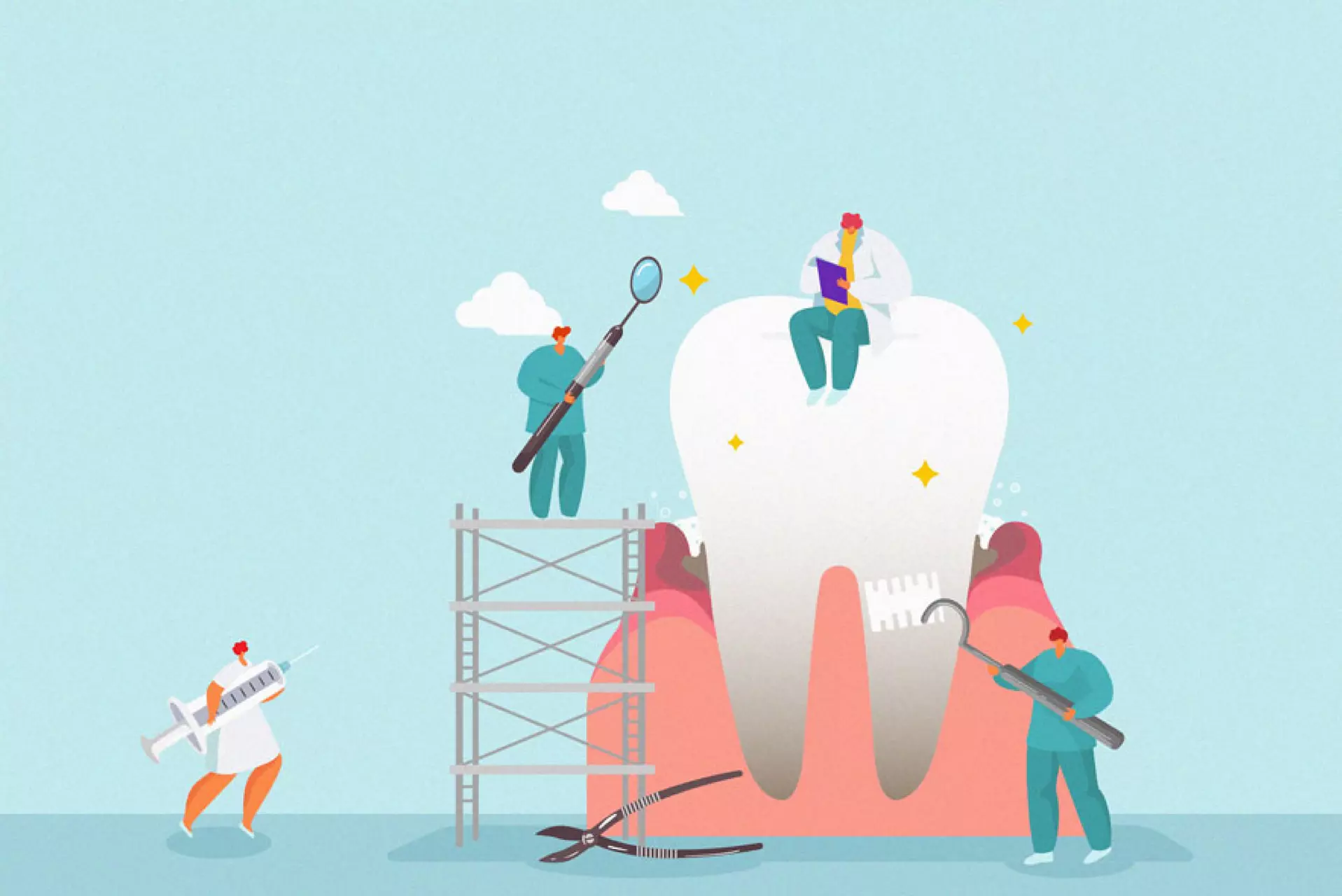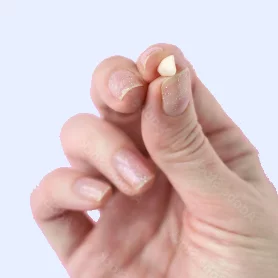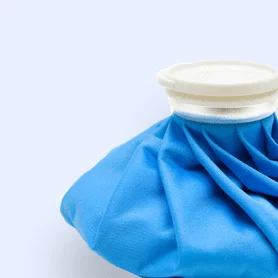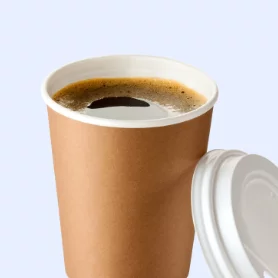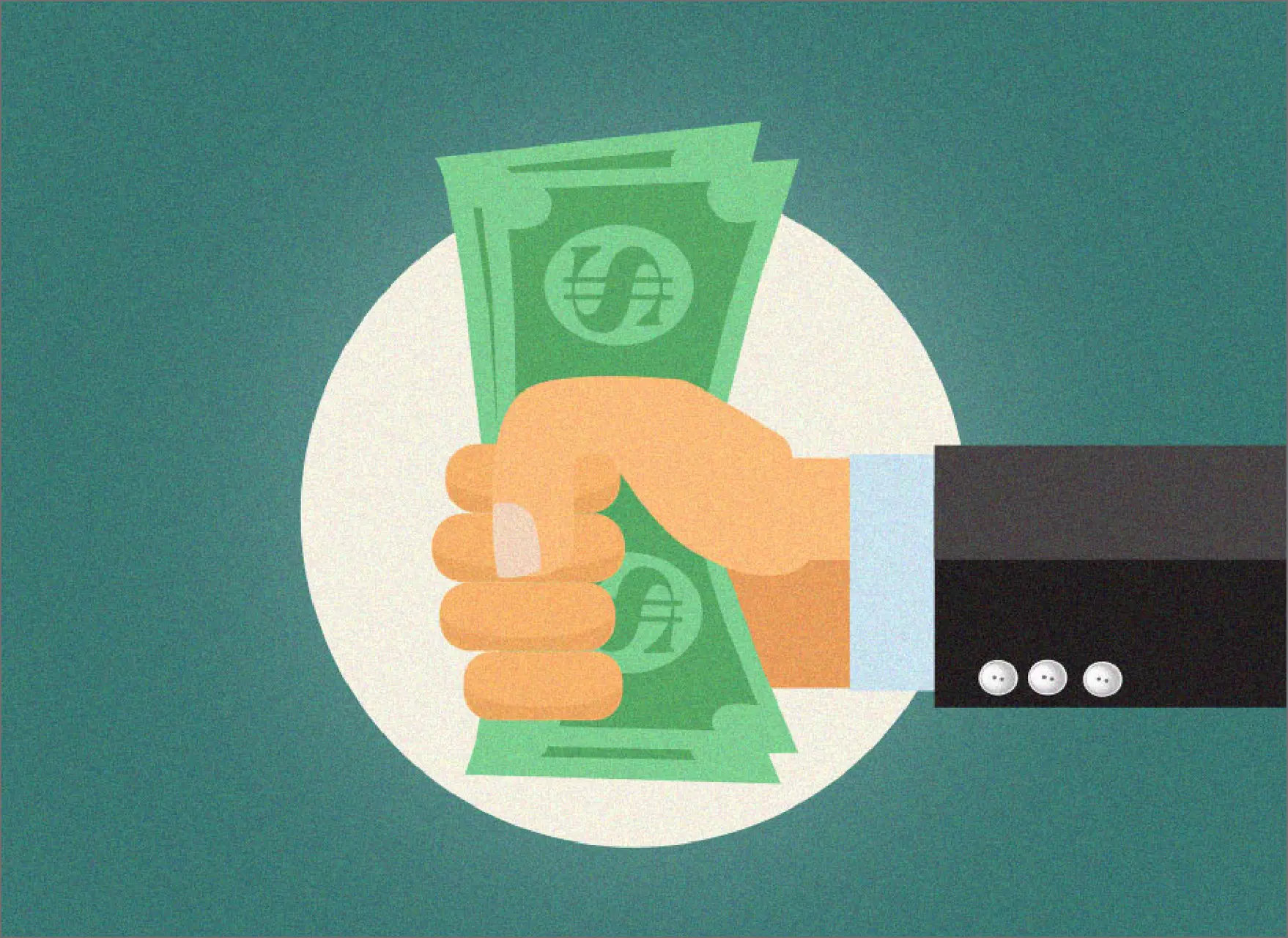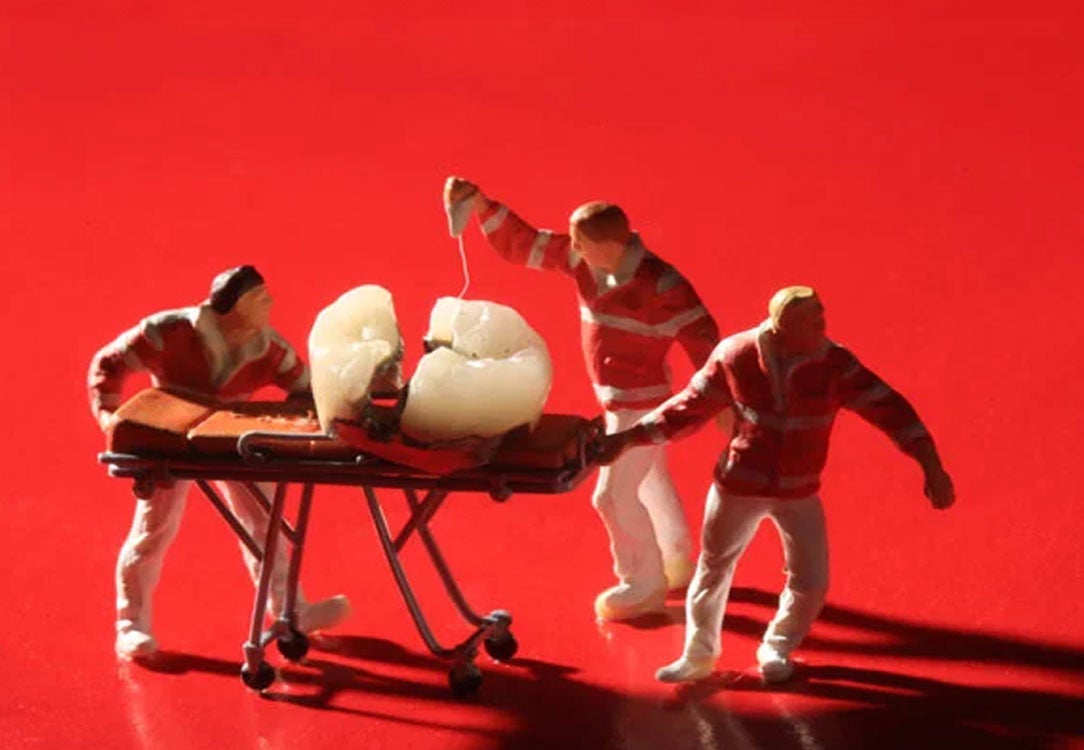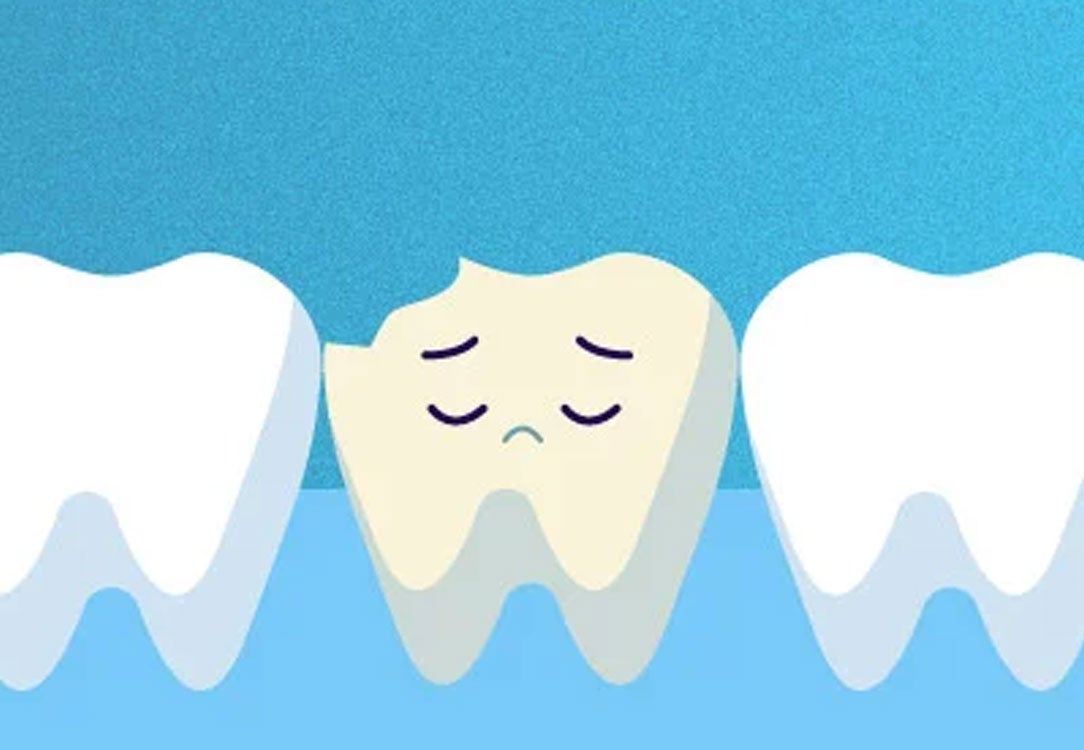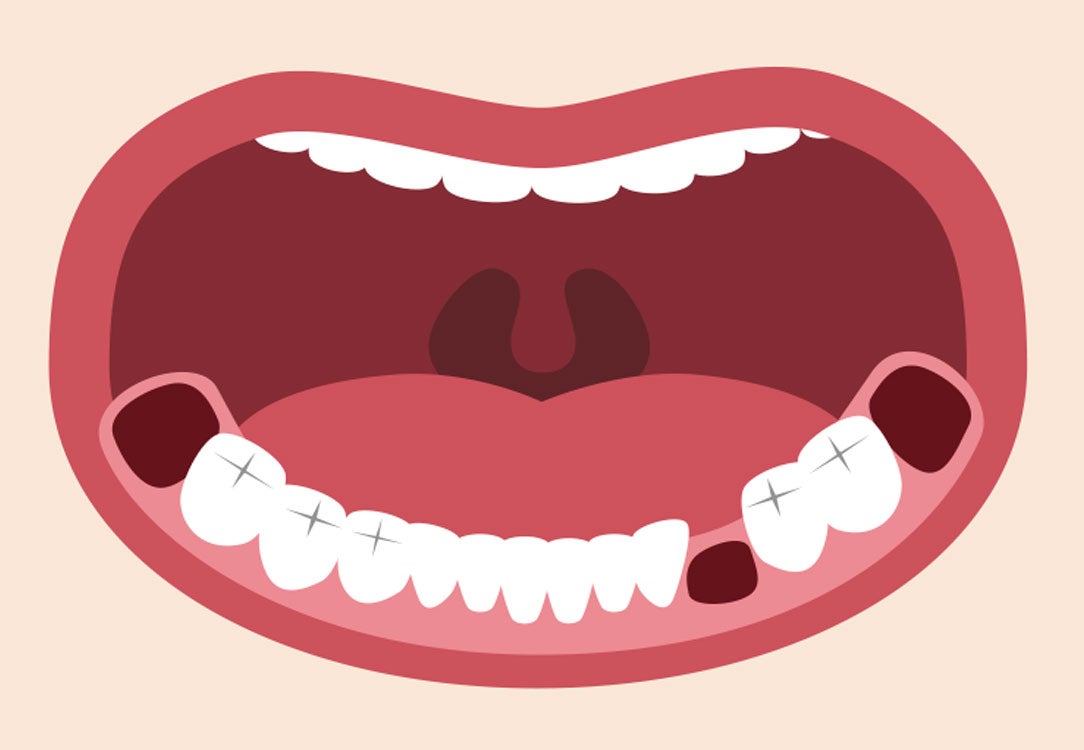How can we help?
- OVERVIEW
- ROUTINE CLEANING
- DENTAL HYGIENE
- CANCER SCREENINGS
- X-RAYS/IMAGING
- DENTURES
- DENTAL SEALANTS
- FLUORIDE TREATMENT
- FILLINGS
- SEDATION DENTISTRY
- DENTAL CROWNS
- BRIDGES
- ORALFITNESSCHECK
The Benefits of Routine Dental Cleanings
Regular dental cleaning counts for more. By getting your teeth cleaned and checked twice a year, you reduce the risk of potential diseases and keep your smile healthier. It’s a win-win.

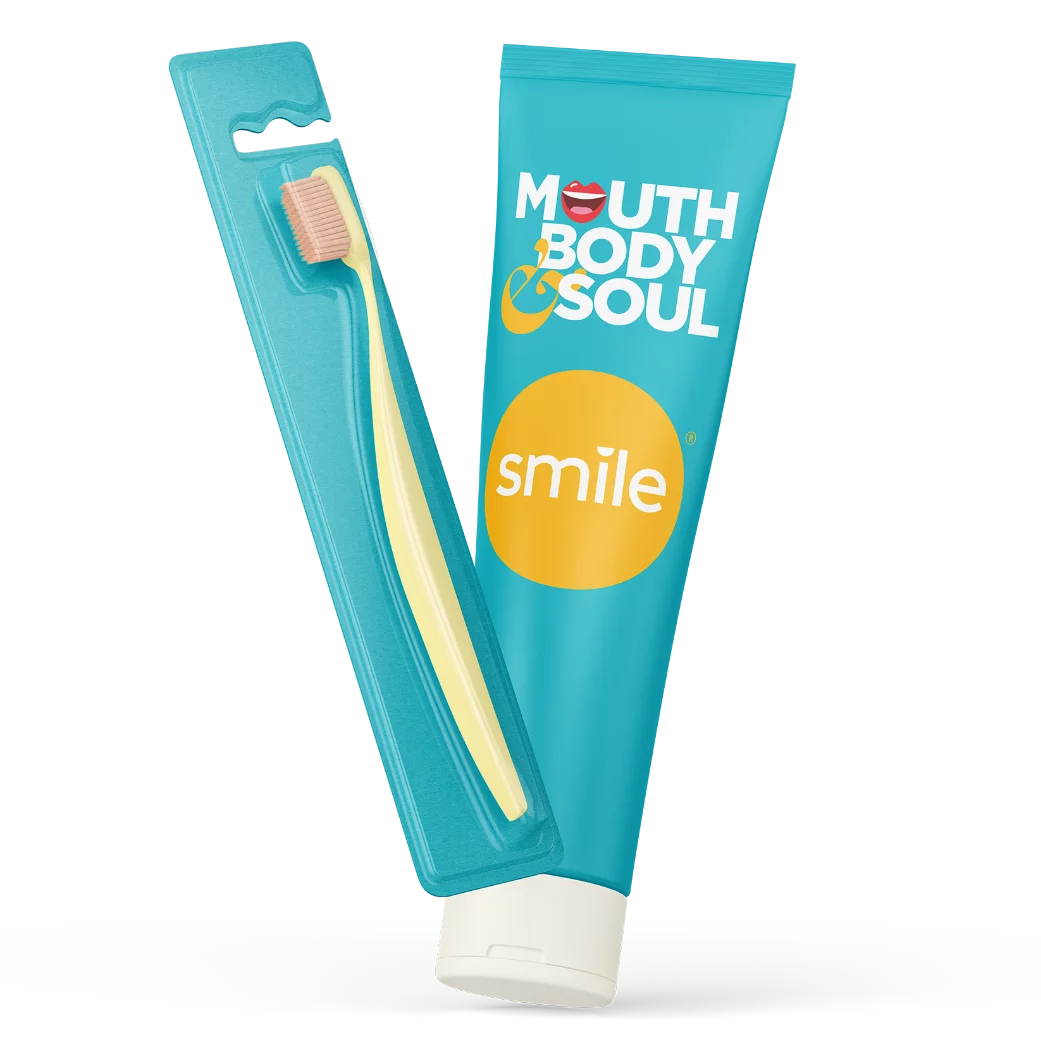

Book an Appointment Today
Get the peace of mind that comes with having regular dental cleanings from a dentist you trust.
Got questions?
If you have questions about dental cleaning, we saved you the trouble and provided answers to commonly asked questions. Find your answers just a click away.
Routine dental cleaning generally costs between $125 and $170, depending on where you live. The cost may be much lower if you have dental insurance. Many plans cover the total cost of preventive care. Check your plan details to determine what coverage you have for dental cleanings.
Having your teeth cleaned at least twice a year is a great way to prevent issues from forming or getting worse. A routine dental visit typically includes an exam and cleaning. A standard exam and cleaning might cost you anywhere from $125 - $170. Keep in mind; prices vary based on where you live and if you have insurance. Luckily, most plans tend to cover all the costs associated with preventative dental care.
Your dental hygienist will start by examining your mouth for signs of cavities or other dental problems at your dental cleaning appointment. Then they will use small, metal tools to scrape plaque and tartar off your teeth. Professional flossing follows this thorough cleaning to remove plaque from between your teeth. Your dental hygienist may finish the cleaning by polishing your teeth and applying a fluoride treatment.
As a general rule, dentists may recommend getting your teeth cleaned once every six months, but you may need cleanings more or less frequently. For example, if you have poor oral health and are at risk of cavities or other dental problems, your dentist may want to see you once every three months. On the other hand, if you take good care of your teeth at home, your dentist may recommend cleanings as infrequently as once every two years.
Many insurances pay for two cleanings a year, along with a comprehensive exam. So, even if you do not have any concerns and good dental practices, you might still want to take advantage of the second cleaning.
Related Posts
Sources
Eten Dental. (n.d.). Routine Cleaning: What to Expect During Your Dental Cleaning. https://etendental.com/routine-cleaning/
Bonham Dental. (n.d.). The Difference Between Routine Cleanings and Deep Cleanings. https://bonhamdental.com/blog/difference-routine-cleanings- deep-cleanings/
Healthline. (n.d.). What Happens During a Tooth Cleaning: Dental Cleaning Procedure. https://www.healthline.com/health/dental-oral-health/what-happens- during-a-tooth-cleaning
Stamford Dental Spa. (n.d.). Why Are Routine Dental Cleanings Essential? https://www.stamforddentalspa.com/blog/why-are-routine-dental-cleanings- essential/



